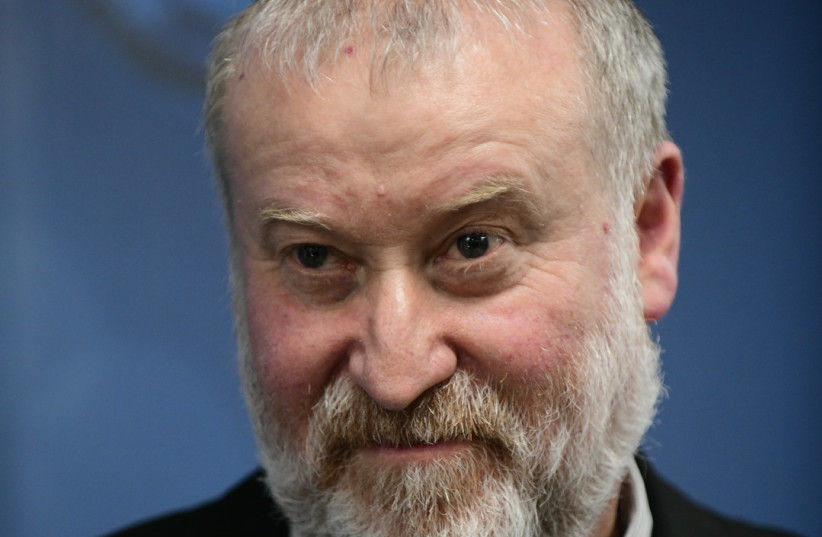There have been a lot of hints floated in the last week about whether former prime minister Benjamin Netanyahu and Attorney-General Avichai Mandelblit will reach a plea deal to end the public corruption case – and potentially Netanyahu’s career. Here is a pro-and-con list of some of the key ones:
PRO: The likely leaking of the Sunday-night meeting at Netanyahu lawyer Boaz Ben Tzur’s house for the entire media to photograph. The meeting was leaked to the broader media from a source strategically close to Netanyahu after the Netanyahus and their advisers had held several unfilmed meetings up until that point. It suggested that Netanyahu wanted to lay the groundwork for his supporters to understand that he is stepping down or at least to float it as a serious trial balloon.
CON: As of Tuesday afternoon, both Netanyahu’s spokesman and the Attorney-General’s Office were on record denying that formal talks had started or that either side had agreed to the other side’s basic conditions for those talks.
Mandelblit has said Netanyahu must agree to leave politics for seven years for formal talks to even begin. But Netanyahu’s spokesman has been adamant, at least publicly, that the former prime minister has not agreed to this.
PRO: Netanyahu himself has not denied or even spoken a single time about whether he will agree to a plea deal. Three years of attacking law enforcement have been replaced with a humble silence that would seem designed to ingratiate himself with Mandelblit as he essentially pleads for mercy.

The only public message he put out was an amorphous and uncharacteristically curt Facebook post thanking his followers for their support. He even canceled a speech against the coalition after his advisers had told the press to expect a big one.
CON: Though much of the public may be oblivious, the trial has continued this week with three days of hearings and is plowing forward to another climactic moment with the testimony of former Netanyahu aide turned state’s witness Shlomo Filber within about two weeks’ time.
Ben Tzur spent all week ripping apart police officials who interrogated state’s witness Nir Hefetz with no postponements and no hint of taking it easy on the prosecution’s witnesses. This could just be preserving leverage in the moments before the deal, but it could also signal a hardened readiness to continue the fight.
PRO: Netanyahu carefully leaked and choreographed disparate views among his close advisers (read: his family and his legal team) about whether he will take the deal. There is no political benefit to this, and it only firms up his future potential successors, so it would seem to be preparing followers for his stepping down while also trying to maintain some maneuvering room and pressure on Mandelblit not to take him for granted.
CON: It appears Netanyahu tried to keep extensive informal talks quiet over an extended period. If he was completely sure he wanted a deal, it would have been less secretive and he would have by now made public statements to that effect.
All the mixed signals could be him playing four-dimensional chess to water down the seeming strength of the prosecution’s case in the eyes of the public (otherwise why would they be talking about a deal with no bribery charge and no jail time), while he intends to ultimately continue fighting.
